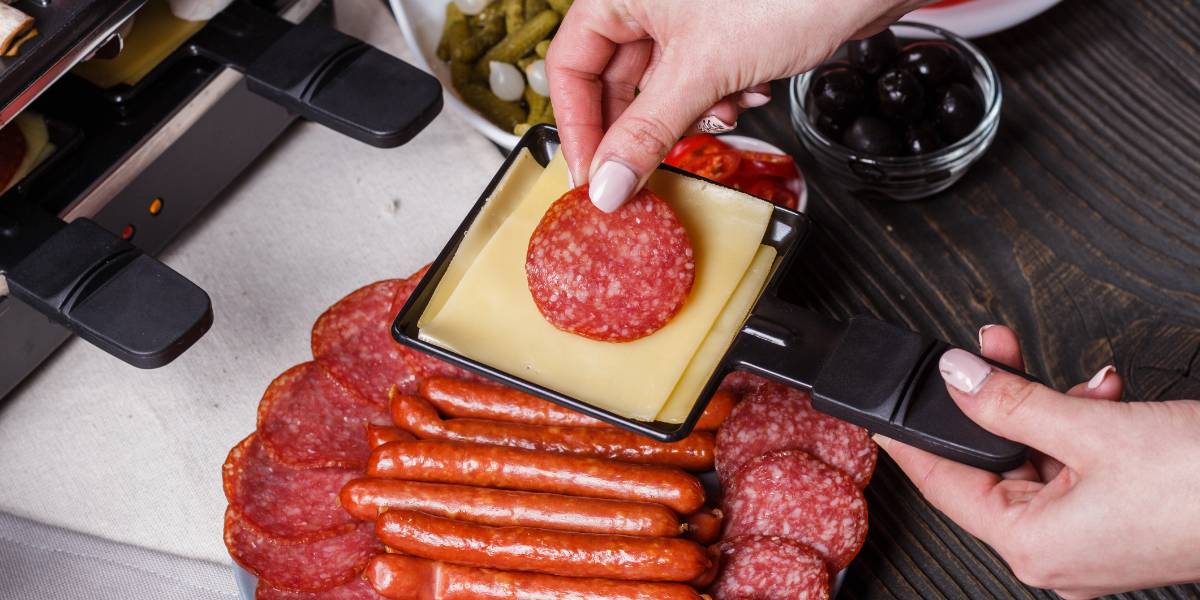Pregnant women are being urged to stop eating ultraprocessed and fast foods until they have given birth due to the harmful chemicals in the packaging of these products.
Academics have found that foods can sometimes contain phthalates from the packaging, wrapping and plastic gloves worn by food handlers. Phthalates are a group of chemicals used to make plastics more durable.
These chemicals can work their way through the placenta and then into the fetal bloodstream when a pregnant woman eats ultraprocessed and fast foods, the study has noted.
According to the study, phthalates can trigger an inflammatory cascade and oxidative stress within the fetus.
- Tax on ultra-processed food divides Colombians
- Health complications associated with certain ultra-processed foods
- What the UPF: 1 in 7 adults addicted to ultra-processed food
Prior research has found phthalates consumed during pregnancy can raise the risk of preterm birth, low birth weight and child mental health conditions, including ADHD and autism.
Lead author Dr Sheela Sathyanarayana said: “When mums are exposed to this chemical, it can cross the placenta and go into fetal circulation.”
During the study, the team of researchers examined data from the Conditions Affecting Neurocognitive Development and Learning in Early Childhood (CANDLE) research cohort.
More than 1,000 pregnant women in Memphis, Tennessee were involved in the CANDLE project between 2006 and 2011.
The scientists assessed the participant’s urine samples during the second trimester to measure their phthalate levels.
They found that on average, ultraprocessed food made up 38.6% of the participants’ diets.
The findings show that every 10% higher dietary proportion of ultraprocessed food was linked to a 13% higher concentration of di(2-ethylhexyl) phthalate.
Ultra-processed foods are made mostly from substances extracted from foods, such as fats, starches, added sugars and hydrogenated fats.
Examples of ultra-processed foods include hamburger buns, soft drinks, packaged cake mixes and packaged French fries.
- Eating ultra-processed food is associated with heart attacks and stroke
- Call for ultra-processed food packaging to feature warnings similar to cigarettes
- Eating ultra processed food increases the risk of cancer
Fellow author Brennan Baker said: “We don’t blame the pregnant person here. We need to call out manufacturers and legislators to offer replacements, and ones that may not be even more harmful.”
Dr Sathyanarayana said: “Pregnant women should try to avoid ultraprocessed food as much as they can, and seek out fruits, vegetables and lean meats. Reading labels can come into play here.
“Look for the lower number of ingredients and make sure you can understand the ingredients. This applies even to healthy foods such as breakfast bars. See if it’s sweetened with dates or has a litany of fats and sugars in it.”
Read the study in the journal Environmental International.




